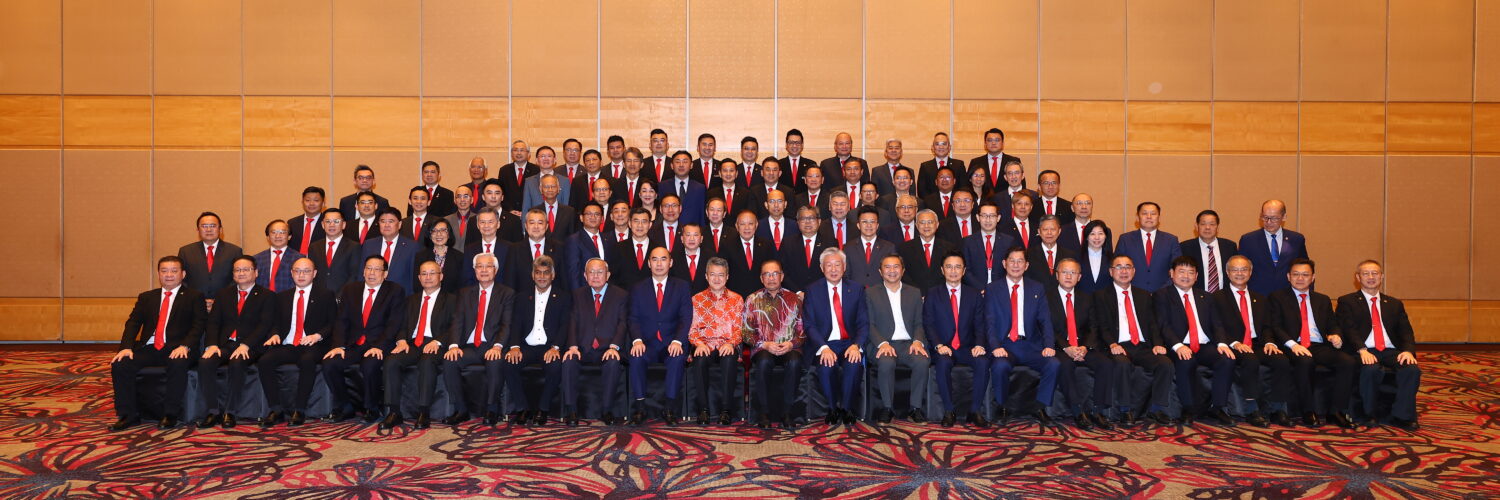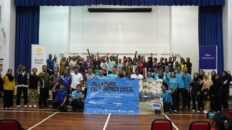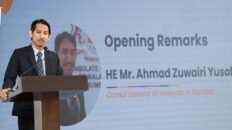ACCCIM President Calls for Balanced Policies, Talent Retention, and SME Support to Sustain Economic Momentum and Global Competitiveness
Kuala Lumpur, October 13, 2024 – At the 78th Annual General Meeting of the Associated Chinese Chambers of Commerce and Industry of Malaysia (ACCCIM), Datuk Ng Yih Pyng, who is the President of the Kuala Lumpur and Selangor Chinese Chamber of Commerce and Industry (KLSCCCI) as well as the newly elected President of ACCCIM, outlined Malaysia’s economic progress and identified key areas for improvement to sustain long-term growth. The AGM was also graced by the presence of Prime Minister Datuk Seri Anwar Ibrahim.
In his opening speech, Datuk Ng commended the positive impact of political stability, citing a stronger Malaysian ringgit that has attracted foreign investments and strengthened sectors such as infrastructure, manufacturing, and technology. He noted that foreign direct investment (FDI) reached RM34.1 billion in the first half of 2024, and Malaysia’s GDP rose by 5.9% in Q2. High-profile investments, including Google’s USD2 billion data centre project, reflect growing global confidence in Malaysia’s economic prospects.
However, Datuk Ng cautioned that while a stronger ringgit improves investor sentiment, it presents mixed challenges. Exporters may struggle with competitiveness, and tourism could decline, adding that importers will benefit from lower costs. He emphasised the importance of exchange rate stability to provide businesses with predictability and reduce risks from currency fluctuations.
Addressing rising operational costs, Datuk Ng urged the government to include relief measures in Budget 2025, such as tax cuts and grants for small and medium enterprises (SMEs). Datuk Ng believes SMEs are essential drivers of innovation and job creation, calling for additional funding under the SME Digitalisation Grant and enhanced financing options to promote growth and global competitiveness.
He also addressed Malaysia’s talent shortage, urging the government to attract and retain skilled professionals. He emphasised the need for targeted initiatives to curb brain drain and attract foreign graduates from Malaysian universities to fill gaps in key sectors, including AI and cybersecurity. With Malaysia set to chair the ASEAN Summit next year, he called for exploring regional labour market liberalisation to support economic growth.
To wrap up his speech, Datuk Ng expressed gratitude to Prime Minister Dato’ Seri Anwar Ibrahim and attendees for their support, emphasising the importance of collaboration to achieve shared economic goals. Together, all stakeholders can build a resilient economy and community that thrives in the face of challenges.









